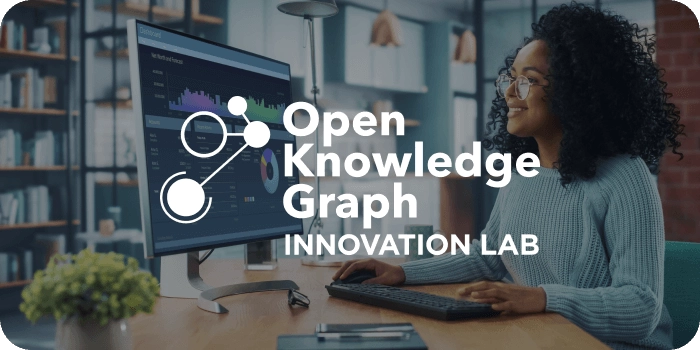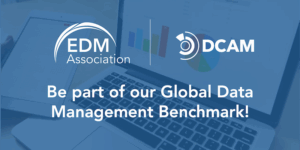Details
As organizations increasingly leverage AI to drive innovation and efficiency, success depends on a strong data foundation. In this webinar, Priya Sarathy will share insights from the joint white paper, A Practical Guide to Realize the Value of Data Assets and Data as an Asset, offering actionable strategies for treating data as a true asset through investments in data quality and infrastructure.
We will then explore the critical role of AI governance, highlighting key considerations for implementing responsible and effective AI solutions. The conversation will conclude with a discussion on balancing automation with human intervention, addressing the essential question: How much human involvement is necessary to achieve scalable success in AI?
Join us for this insightful session to gain practical guidance on building a strategic data foundation for AI and ensuring long-term, scalable success.
Speakers



Post-event summary
The webinar titled “Scaling AI with Data: Building a Strategic Foundation for Success,” was hosted by EDM Council and Women Data Professionals (WDP) and brought together thought leaders to explore how organizations can effectively treat data as a strategic asset in the journey toward scalable, high-impact AI solutions. The webinar featured key speakers:
- Priya Sarathy, Founder, Wheel Data Strategies
- Co-Moderator: Yeimi Gonzalez, Data Strategy Consultant, Financial Risk Group
- Co-Moderator: Aritra Saha, Manager, Data Engineering, Analytics and Data Sharing, American Airlines
The discussion opened by establishing the distinction between data assets and data as an asset, emphasizing that beyond merely collecting and processing data, organizations must recognize its role as a critical, value-generating resource. Priya noted, “When we plan a business plan, we think about the people as assets, the infrastructure as assets… data assets do have that capacity, especially when we are in a digital economy.” This framing set the tone for the broader discussion on elevating data within strategic planning.
Attention then turned to the importance of investing in data quality across the entire lifecycle of data—from ingestion to analytics to AI modeling. Priya stressed the need for organizations to not only build technical infrastructure but also invest in the “software of the organization”—the people. She advocated for company-wide data literacy to foster a culture of data quality, emphasizing professional responsibility at every level. A key insight was that AI-generated data itself requires governance, meaning monitoring, testing, and validation practices must be extended to machine-created information as well.
On measuring ROI for data quality initiatives, the session underscored that data’s value changes depending on its use case. Organizations need to trace the data value chain—from raw data to business outcome—to understand and quantify ROI. Priya urged leaders to become more data- and AI-aware to draw clear lines between data investments and business results, making ROI calculations more concrete and aligned with strategic goals.
In the AI governance segment, Priya shared practical applications, including a dynamic pricing model in the airline industry developed by IBM Watson Research. She highlighted that effective AI governance must be collaborative and iterative, adapting across market segments and use cases. The need for automation in governance, such as using digital twins and predictive monitoring, was identified as critical for scaling AI responsibly.
The webinar concluded with a strong message about balancing AI automation with human creativity. Innovation, Priya argued, arises from awareness, collaboration, and empathy. By fostering cross-functional understanding and continuous feedback, organizations can unlock AI’s full potential without sidelining the human element. The session wrapped with actionable takeaways and a reminder that data-driven transformation is as much about culture as it is about technology.




